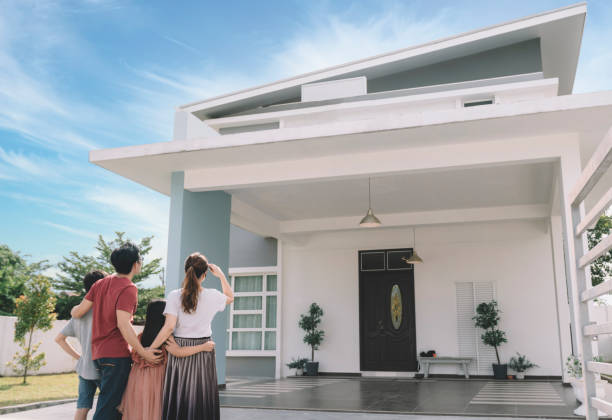
Pros and Cons of Renting A Home
Renting a home versus owning one is a decision that involves careful consideration of various factors, from financial implications to lifestyle preferences. Each option comes with its own set of advantages and disadvantages. Let’s explore the pros and cons of renting a home to help you make an informed decision based on your individual circumstances.
Pros of Renting:
- Financial Flexibility: Renting provides financial flexibility, as it often involves lower upfront costs than purchasing a home. There’s no need for a substantial down payment, and renters may have more disposable income to allocate to other investments or experiences.
- Maintenance-Free Living: One of the significant perks of renting is that maintenance responsibilities fall on the landlord. Renters can enjoy a maintenance-free lifestyle without the worries of costly repairs or the time-consuming tasks associated with homeownership.
- Flexibility and Mobility: Renting offers greater flexibility, making it an attractive option for those who may need to relocate frequently for work or personal reasons. Lease terms are typically shorter than a mortgage commitment, allowing renters the freedom to explore different areas or housing options.
- Predictable Monthly Costs: Renters generally have predictable monthly costs, as rental payments often cover utilities and, in some cases, even certain amenities. This can make budgeting more straightforward compared to the potential fluctuations in homeownership costs.
Cons of Renting:
- Limited Equity Building: One of the primary downsides of renting is the lack of equity building. Monthly payments contribute solely to the landlord’s wealth, and renters do not benefit from property appreciation over time.
- Restrictions on Personalization: Renters are subject to landlord restrictions when it comes to personalizing or renovating their living spaces. Limited freedom to make changes can impact the ability to create a truly personalized home environment.
- Potential Rent Increases: Renters are susceptible to rent increases at the landlord’s discretion. While certain regions may have rent control regulations, the lack of control over future costs is a potential drawback of renting.
- Lack of Long-Term Stability: Renting may lack the long-term stability associated with homeownership. Landlords may decide to sell the property or change rental terms, potentially requiring renters to find new housing.
- No Return on Investment: Unlike homeowners who build equity and may benefit from property appreciation, renters do not experience any return on investment. Rent payments do not contribute to an asset that can be sold or leveraged in the future.
In conclusion, the decision to rent a home comes with both advantages and disadvantages. Renting is a suitable option for those seeking flexibility, lower upfront costs, and maintenance-free living. However, renters should carefully consider the potential limitations, such as a lack of equity building and restrictions on personalization, when weighing the pros and cons. It’s essential to align your housing choice with your current lifestyle, financial goals, and long-term plans.


